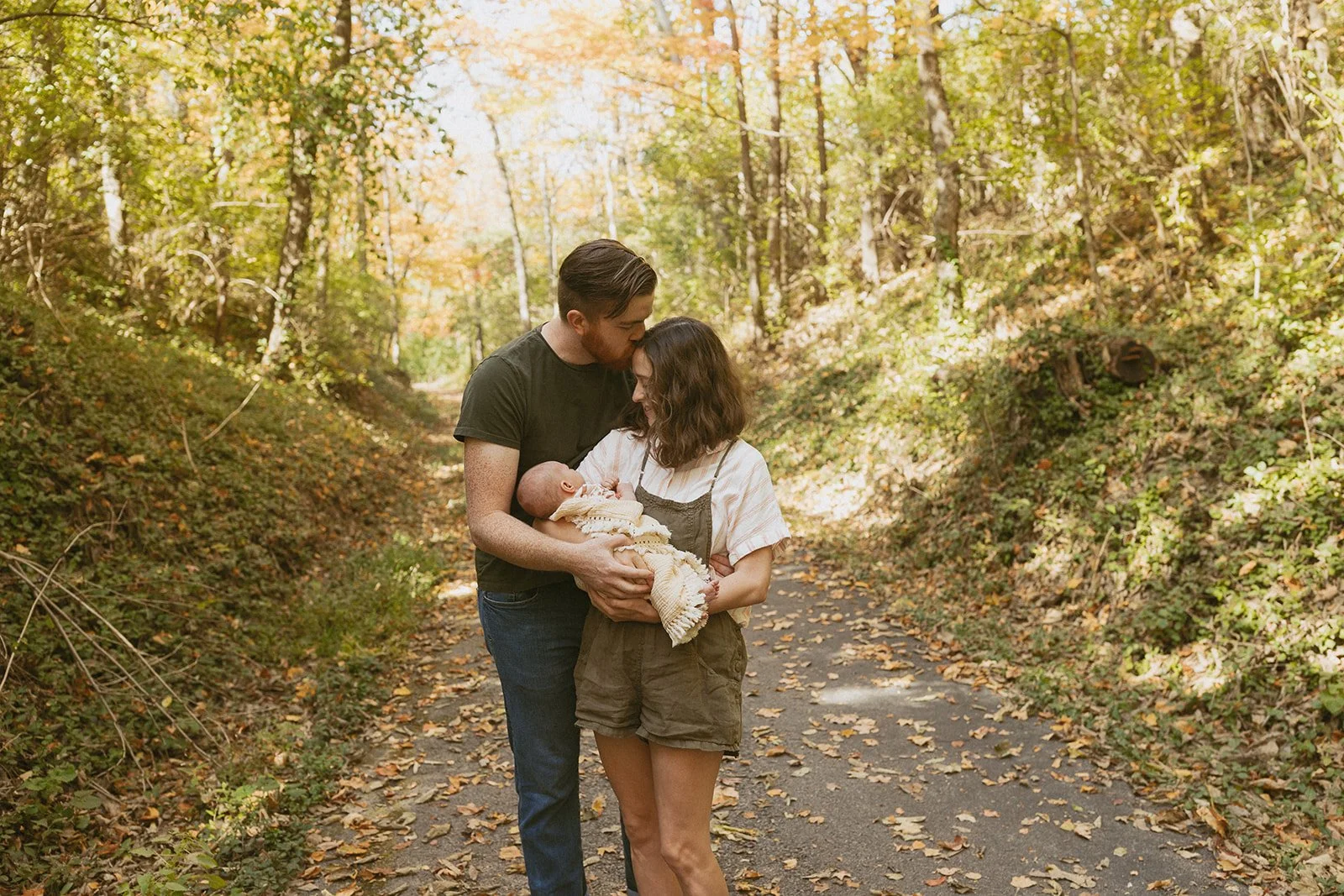One of the things I’ll emphasize throughout this post is how much money you will save by going the more sustainable route (hint: it’s A LOT), but it is by no means the only positive outcome. By being a conscious consumer, you’re creating less waste, making a more stress-free environment for both you and baby, choosing materials and ingredients that are best for baby’s health and development, and more. Babies don’t actually need that much stuff and while we’re by no means minimalists, one of the first sustainable choices we made was to forgo a lot of the extraneous baby things that our consumerist society tells you that you need (even though you really don’t).
Read MoreHowever, post-undergrad, I moved into an apartment alone for the first time, and I was forced to confront a difficult question: did my consumption reflect my environmentalist views? This was around the time zero-waste living (producing no plastic waste) was going viral, and it provided a new lens within which to examine one’s environmental commitment. So many of us grew up with that adage, “Reduce, reuse, recycle,” but how many of us actually paid attention to reducing—both consumption and waste—and reusing what we already have?
Read More


